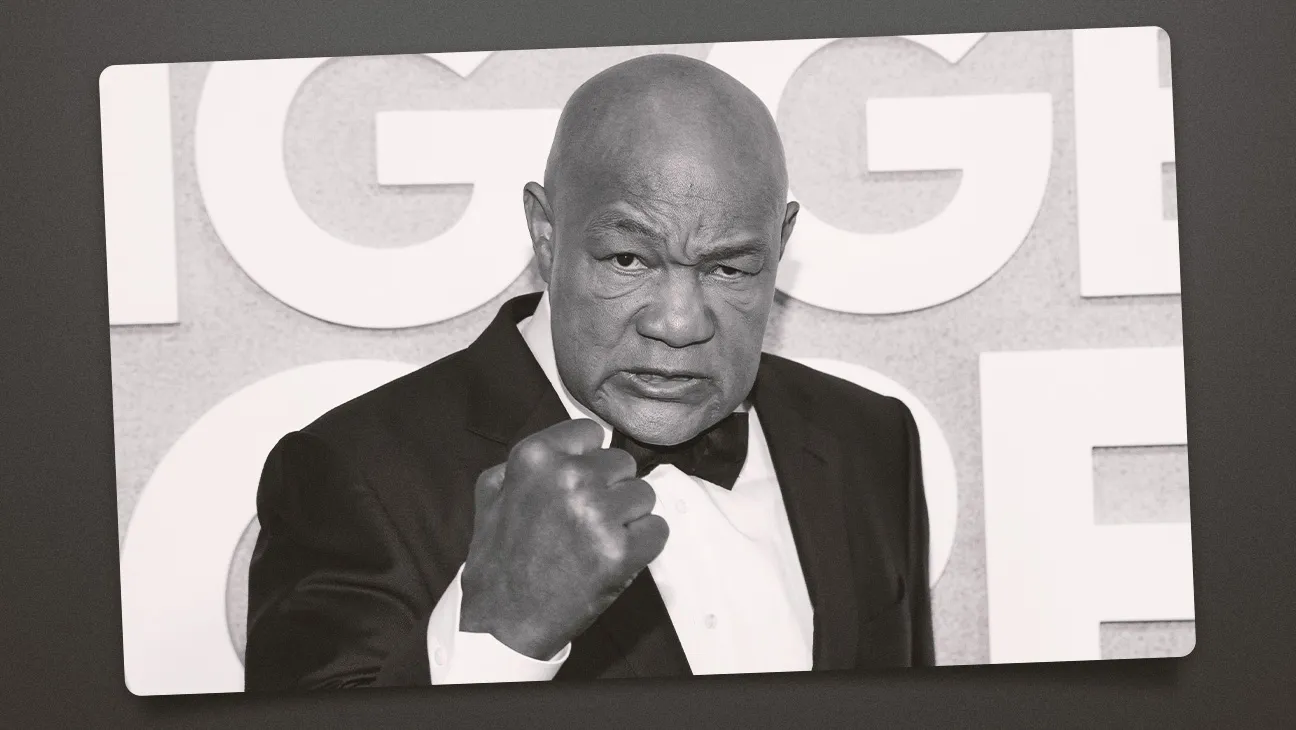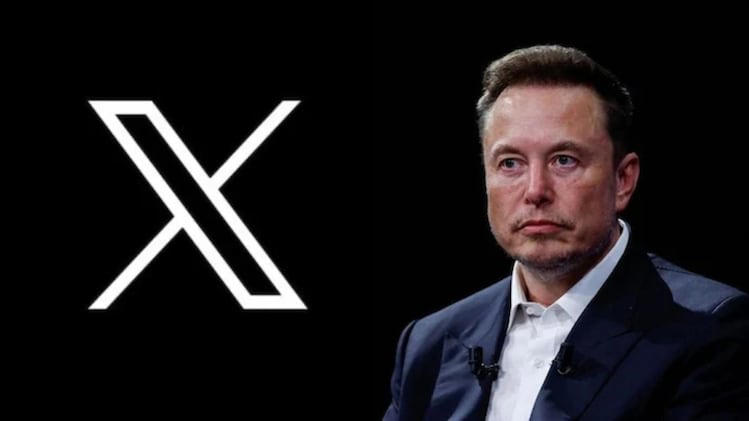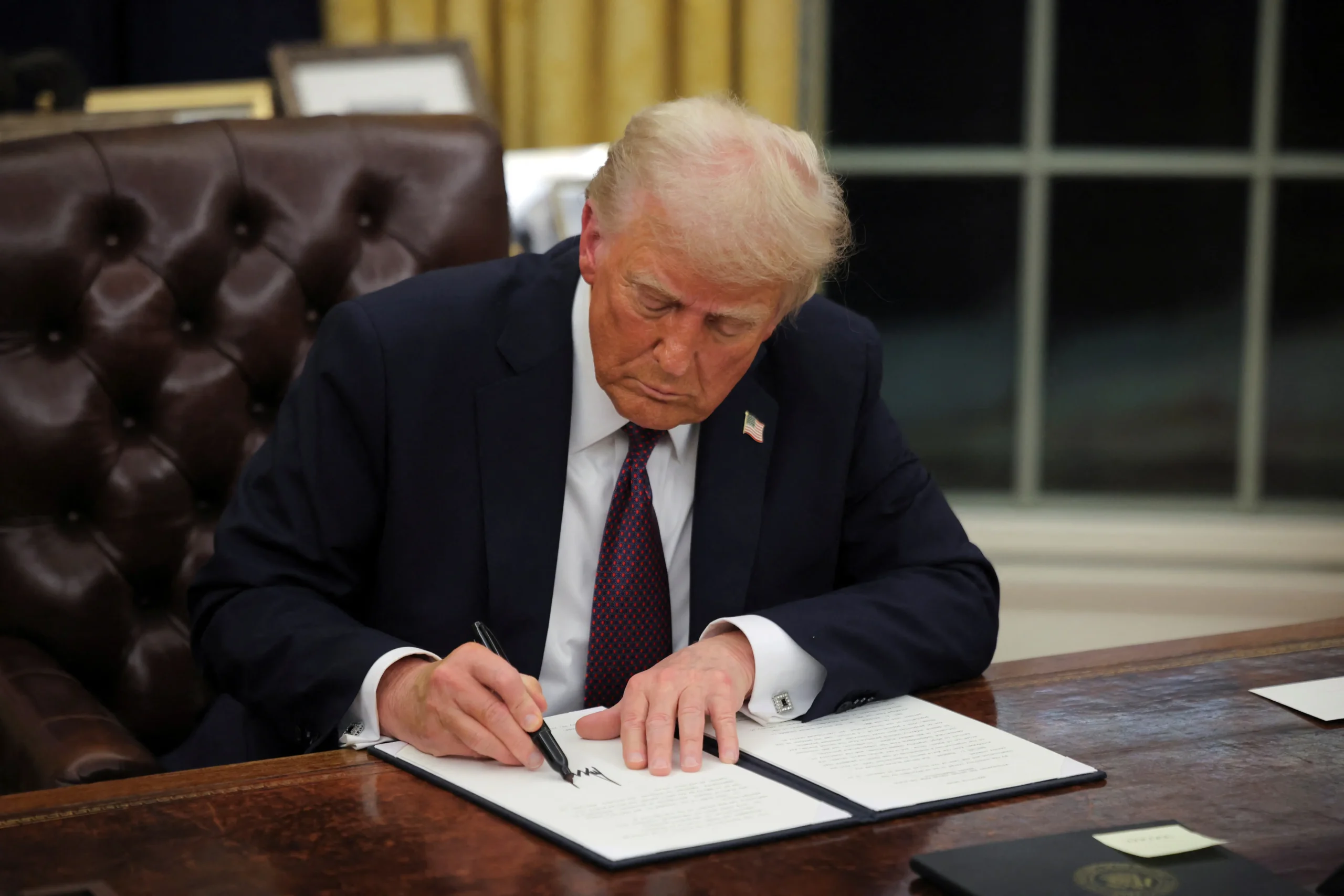Amazon Delivery Drivers and Starbucks Baristas Launch Strikes, Ongoing Labor Negotiations
Amazon delivery drivers and Starbucks baristas have gone on strike in several U.S. cities, demanding recognition as unionized employees and better labor contracts. The strikes, which began Thursday and Friday, are part of an ongoing effort to secure better working conditions, wages, and benefits from the two major companies. Both Amazon and Starbucks have seen significant unionization efforts in recent years, particularly following the COVID-19 pandemic, but workers are still fighting for their first contracts. The Teamsters union, which represents Amazon delivery drivers, announced strikes at seven delivery stations in cities including Los Angeles, New York City, and San Francisco. The union is pushing for higher wages, improved benefits, and safer working conditions for drivers, who Amazon claims are independent contractors, not direct employees. Despite Amazon’s claims that it offers a base wage of $22 per hour plus benefits, the Teamsters argue that drivers should be classified as Amazon employees. The National Labor Relations Board (NLRB) has sided with the union, accusing Amazon of failing to negotiate a contract with the drivers. At Starbucks, the union representing baristas, Workers United, launched strikes in Chicago, Los Angeles, and Seattle, following a breakdown in contract negotiations. Workers United has criticized Starbucks for failing to honor a commitment to reach a labor agreement by the end of the year. Starbucks has also been accused of engaging in unfair labor practices, with hundreds of complaints filed with the NLRB. Starbucks workers have called for wage increases and the resolution of ongoing legal issues related to labor practices. The strikes come at a time of heightened labor activity, with workers across various industries demanding better conditions and fair treatment. John Logan, a labor expert at San Francisco State University, noted that unions are pushing for public support before President-elect Donald Trump appoints a potentially less-friendly National Labor Relations Board. As the strikes continue, experts anticipate further union activity before Trump takes office, which could have significant implications for workers’ rights in the coming years. Both Amazon and Starbucks have emphasized their commitment to employee welfare, but the growing wave of strikes highlights the challenges in reaching fair agreements between corporations and their workers.



